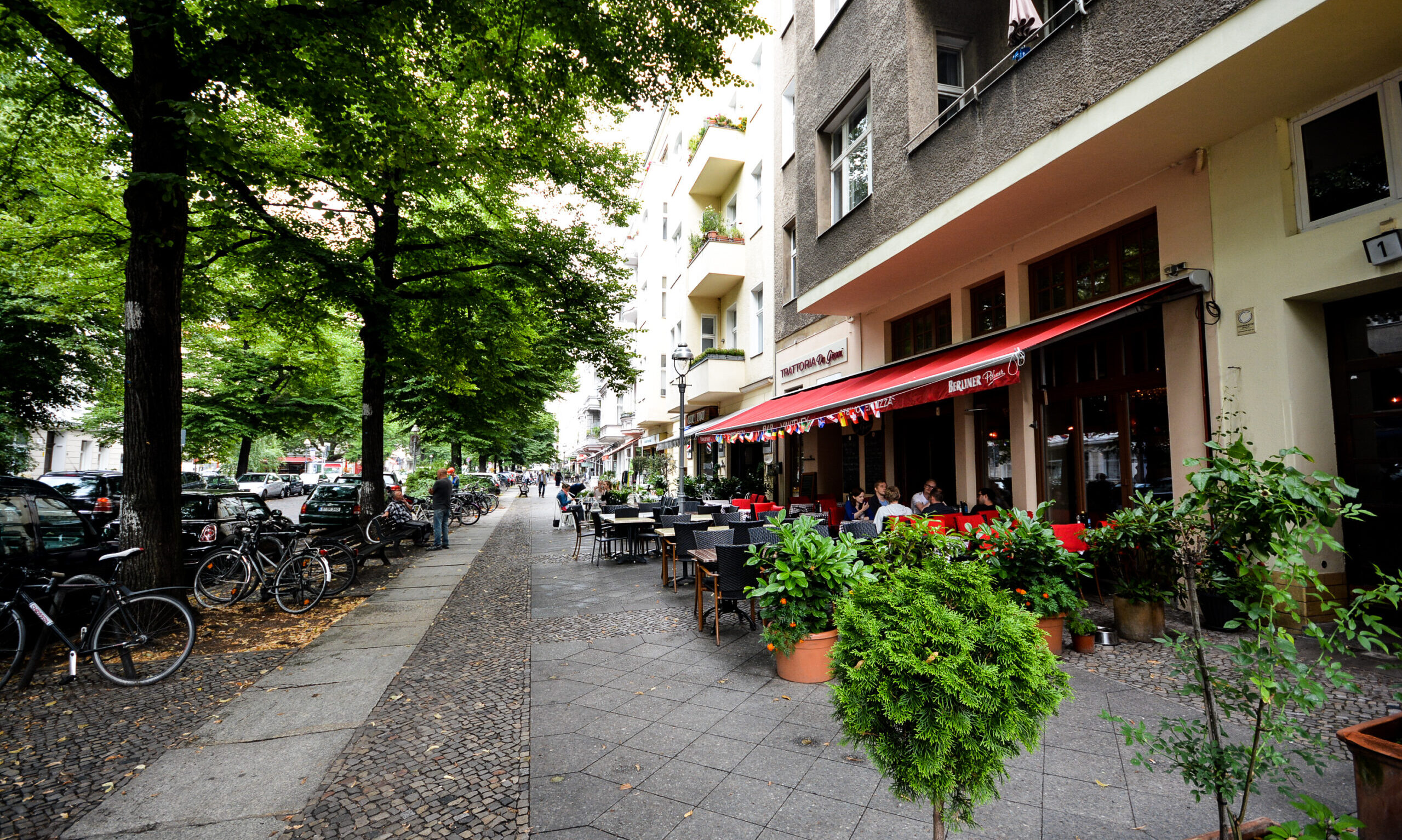Introducing our SF Bay and Sacramento Correspondent Peter Kaljian!
In January 2022 we launched the Global Walkability Correspondents Network, as a way to build solidarity among walkability advocates around the world and continue to create media on sustainable mobility and urbanism.
We are happy to welcome Peter as an SF Bay Area and Sacramento Correspondent to our growing network of individuals who are passionate walkability advocates.
I am excited to work with other passionate people in the urban planning space who recognize the importance of protecting pedestrian space. I want to dive into topics that affect my community, highlight successes and analyze obstacles.
Peter Kaljian
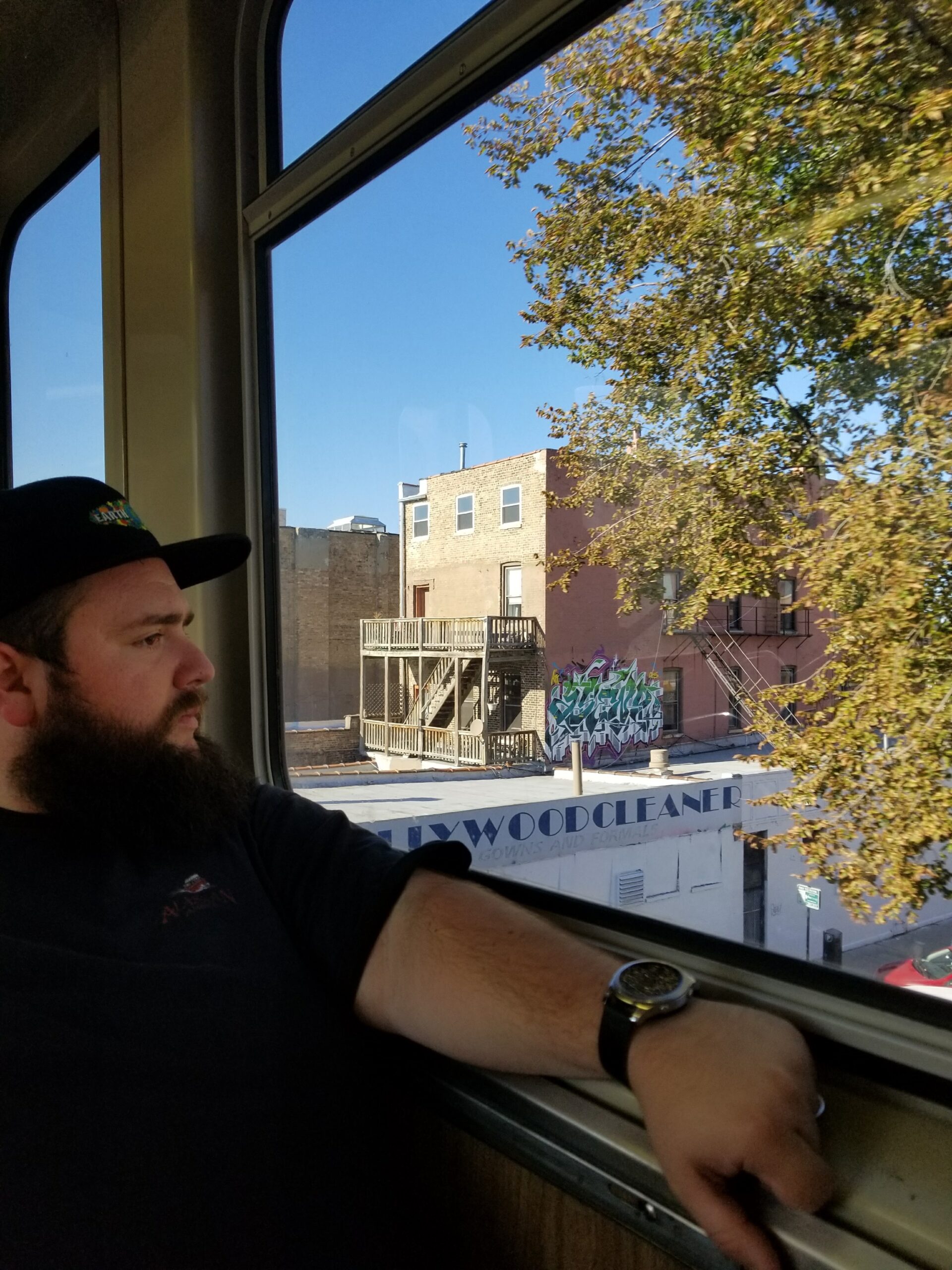
WHO
My name is Peter Kaljian and I recently graduated from the University of Washington with a BA in Sustainable Urban Development and a certificate in Geographic Information Systems. While at the UW I was a part of the Transportation Services team where I used data collection to tackle practical problems. I am also a research fellow with the Action Mapping Project. AMP works with government agencies to inform policy using socio-geographic data. I know that together we can do anything and that is why I love being a part of teams that are advocating for positive change in the world.
WHERE
I grew up just north of the Golden Gate Bridge on the Marin/Sonoma border and currently reside there again. The area is an exurb of San Francisco and is very much car-dependent but I hope to work towards changing that.
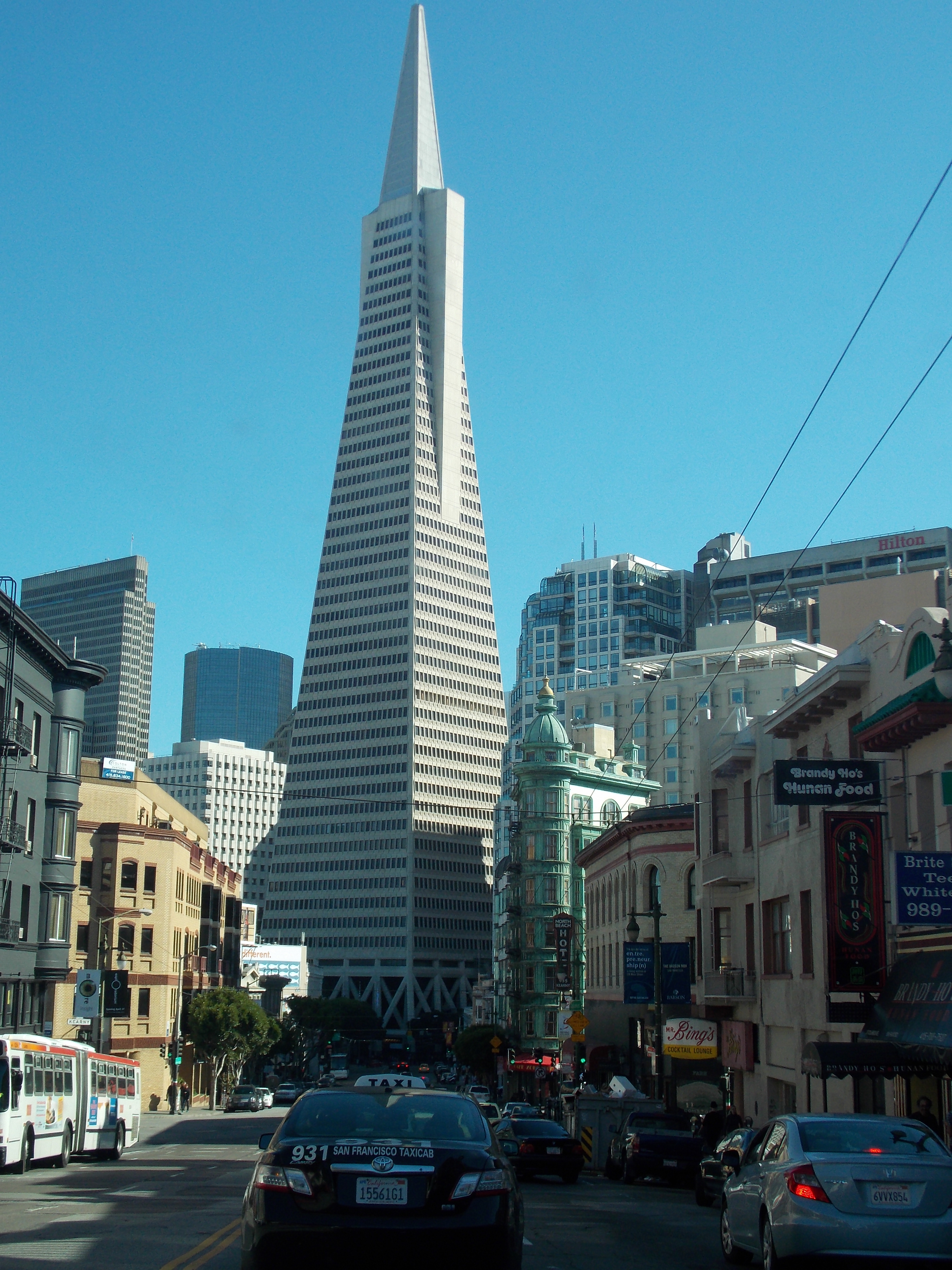
From the public health and community safety aspect, cars are deadly weapons wielded casually by often inattentive operators.
Peter Kaljian
WHY WALKABILITY
I see walkability as the center of a sustainable future for cities. I feel the environmental incentives are obvious and the loudest reasons out there, however, walkability goes beyond reducing GHG emissions. Additionally, I think the financial incentives need to be elevated in the conversation, as that is the playing field of many policymakers. Aside from the cost of climate changes overlapping from the “environmental” argument, car dependency actively sucks money out of communities and relocates it to regions with oil production, rare earth mineral mining, and lower production costs.
The true cost of a personal vehicle is more than the cost of purchasing, running and maintaining the vehicles. Building and maintaining roads means ensuring less capital is available for future generations to support their needs. Conversely, researchers like Jeff Speck and Donald Shoup and bipartisan groups like Strong Towns have all found that increasing pedestrian activity increases economic activity. Lastly, walkability can help address equity issues.
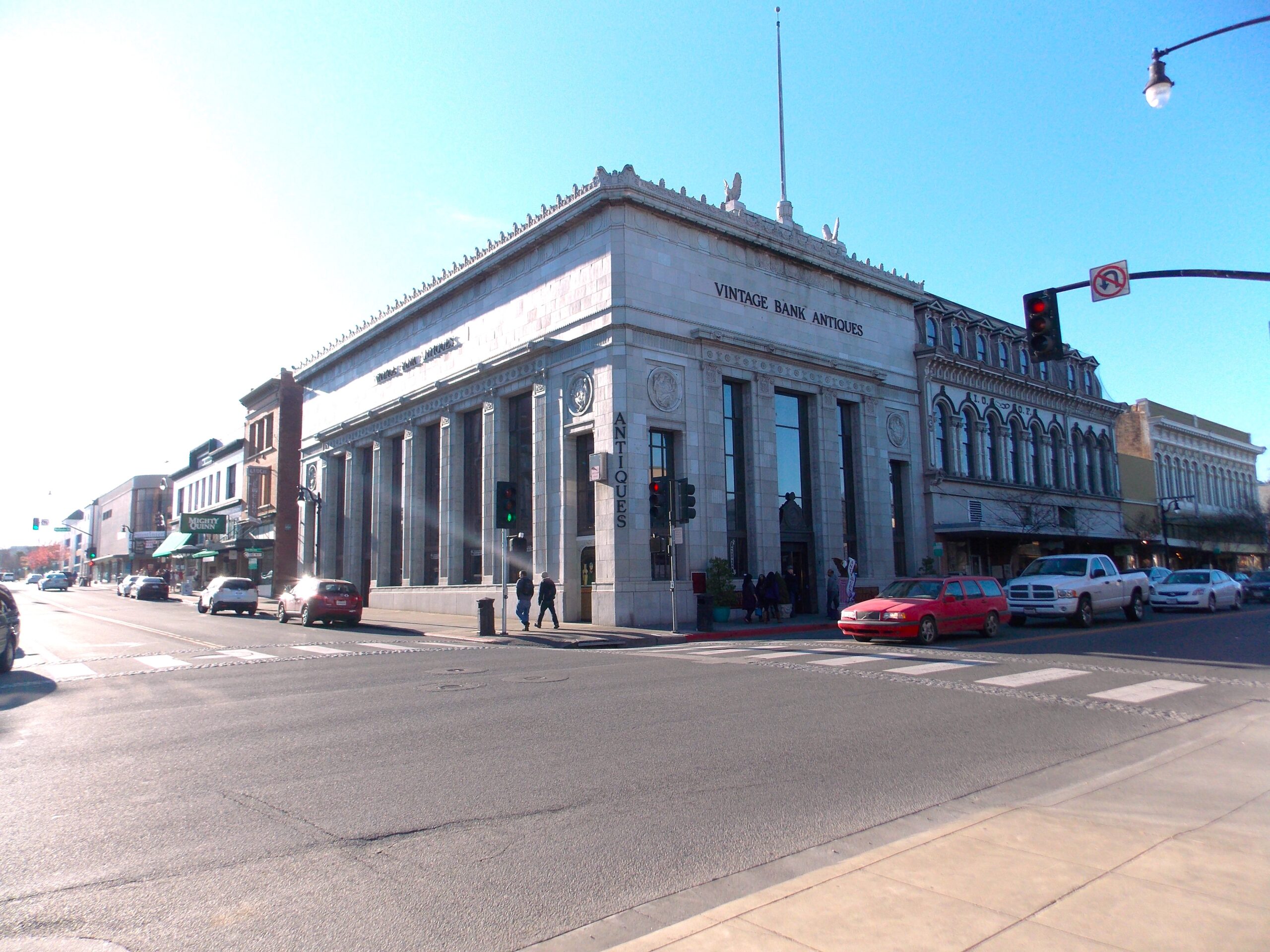
Two pieces of advice are often instilled in new drivers; “a car means freedom” and “driving is a privilege not a right”. Taken together the message is clear “freedom is a privilege for those who can afford a car.” However, even that seems to be incorrect as traffic stops are disproportionally administered (often with lethal outcomes) to members of BIPOC, LGBTQ+, and poor communities.
As Sarah A. Seo’s research shows, in the U.S. many constitutional protections are revoked during traffic stops leading to devastating consequences to already vulnerable communities. From the public health and community safety aspect, cars are deadly weapons wielded casually by often inattentive operators. Never has a pedestrian ran through wall of a restaurant and hurt anyone but themselves.
I see walkability as the center of a sustainable future for cities.
Peter Kaljian
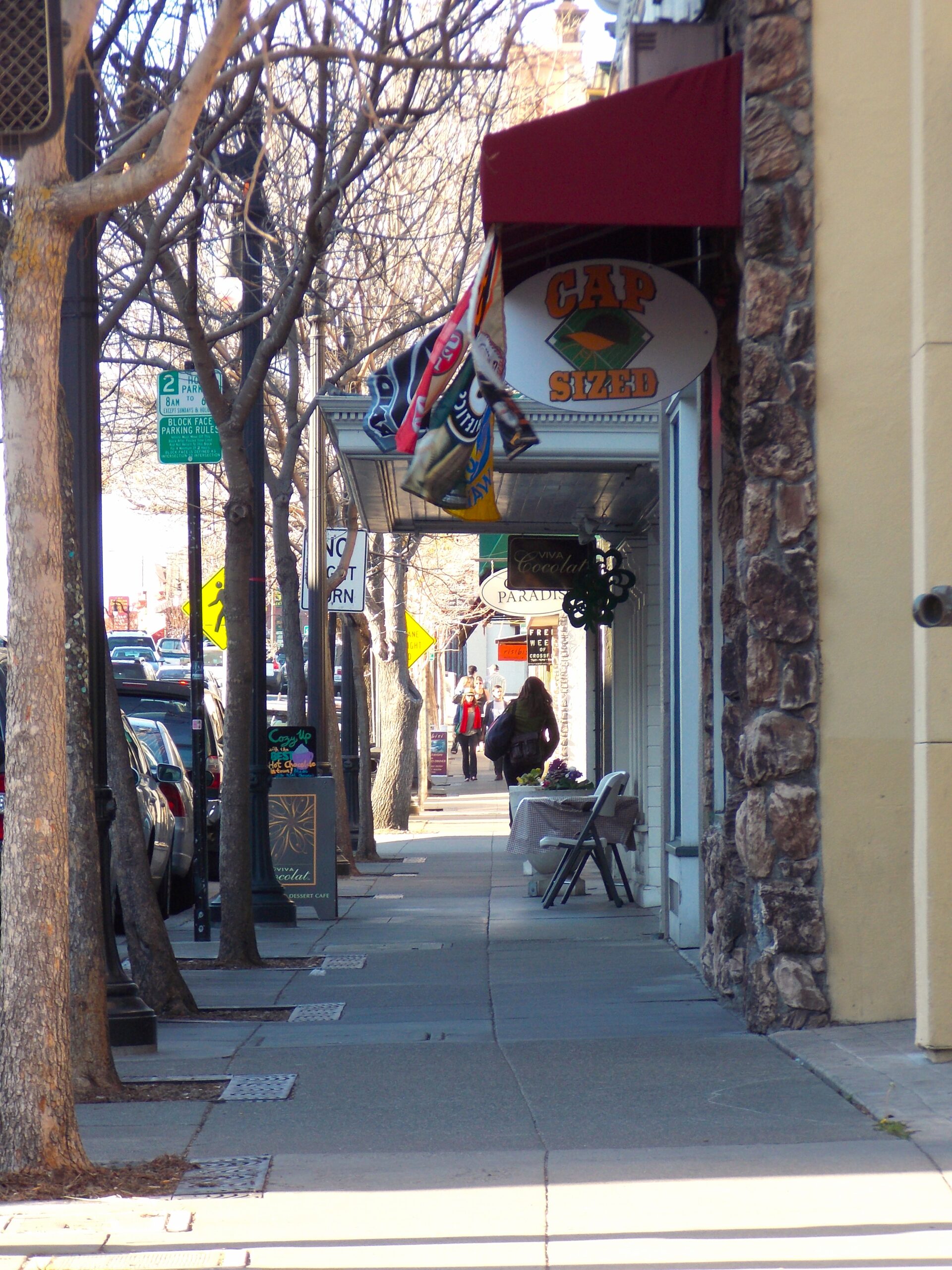
I am excited to work with other passionate people in the urban planning space who recognize the importance of protecting pedestrian space. I want to dive into topics that affect my community, highlight successes and analyze obstacles.

Peter takes a holistic approach to community improvement by advocating for stronger pedestrian-based infrastructure. His background in GIS allows him visualize data and helps him show the importance of decreasing car dependency. Peter is passionate about mobility equity and strengthening cities through improved pedestrian spaces.
Read Peter’s content here
Learn more about the Global Walkability Correspondents Network here
